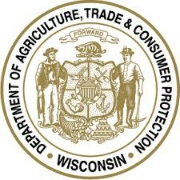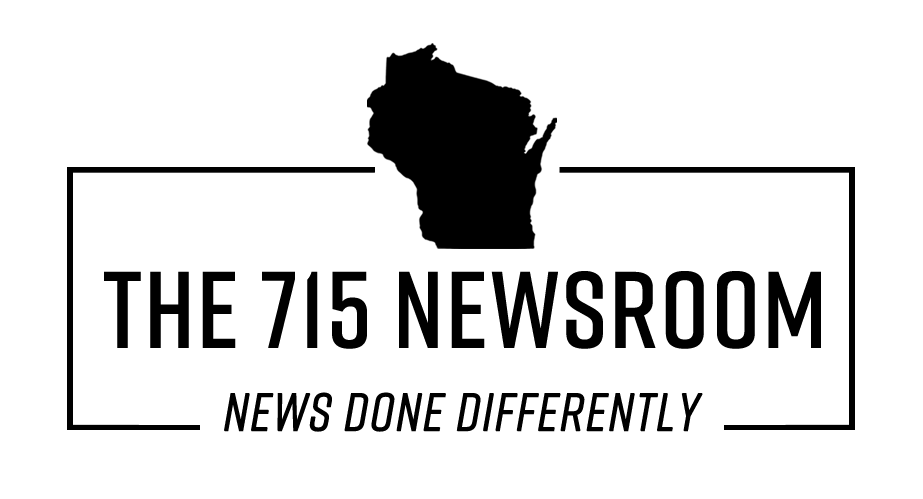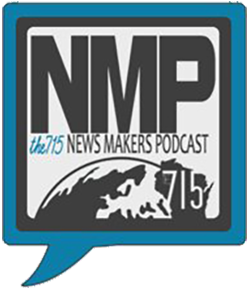“Sadly, scammers impersonate real charities and nonprofits or create fake ones that do not fulfill their stated mission. This harms both donors and legitimate organizations.”
-DATCP Secretary Randy Romanski

As we enter the holiday season and the end of the year approaches, many Wisconsinites will make donations to charities, nonprofits, and other organizations, especially on Giving Tuesday, December 3, 2024. The Wisconsin Department of Agriculture, Trade and Consumer Protection (DATCP) and Wisconsin Department of Financial Institutions (DFI) have partnered to provide important reminders for donors to help ensure their money goes to legitimate causes they want to support, instead of scammers.
“December is the most popular month for charitable giving. Many people want to give back to the communities and causes they care about most,” said DATCP Secretary Randy Romanski. “Sadly, scammers impersonate real charities and nonprofits or create fake ones that do not fulfill their stated mission. This harms both donors and legitimate organizations.”
Tips for Protecting Your Donation
- Do your research before donating. Real charities want your donation for honest purposes, but they do not need it immediately. If a solicitor is pressuring you to pay right away, be cautious. Take time to learn about the organization before you give.
- Ask for more details if you are solicited for a donation. Legitimate charitable organizations can provide their name, address, and phone number, and will explain how much of your donation will be used for the charitable purpose vs. other costs.
- Do not open links or attachments in unsolicited charity emails, texts, or social media posts. Even if they appear real, these may be fraudulent or contain harmful viruses.
- Avoid imposter scammers. Before you give to a well-known charity or nonprofit, verify that you are using the organization’s real website and not a convincing replica created by scammers. Check the web address for spelling errors and other discrepancies that could signify a scam.
- Avoid using unsecure payment methods like cash, cryptocurrency, payment apps, or money transfers (wiring money). It is nearly impossible to reverse these transactions in cases of fraud. Use a credit card or write a check directly to the organization.
“Not only will scammers try to trick you into paying them directly – they could also make fraudulent charges to your credit card or bank account in a real charity’s name to test stolen financial information,” said DFI Secretary Cheryll Olson-Collins. “Pay close attention to your bank and credit card statements. If you notice a charge from a charitable organization that you aren’t familiar with, or don’t remember giving to, it could be fraud. Inform your financial institution right away and work with them to secure your account. Don’t let scammers take advantage of your generosity.”
To learn more about a charitable organization, use resources like CharityNavigator.org or Give.org. You can also review DFI’s Donor Resources webpage at dfi.wi.gov to reduce unwanted solicitations and research charitable organizations. To verify a charitable organization or professional fundraiser is registered with the DFI, search the DFI’s Wisconsin Registrant Database using the agency’s “How to Research a Wisconsin Charitable Organization” guide, call (608) 267-1711, or email DFICharitableOrgs@dfi.wisconsin.gov.


